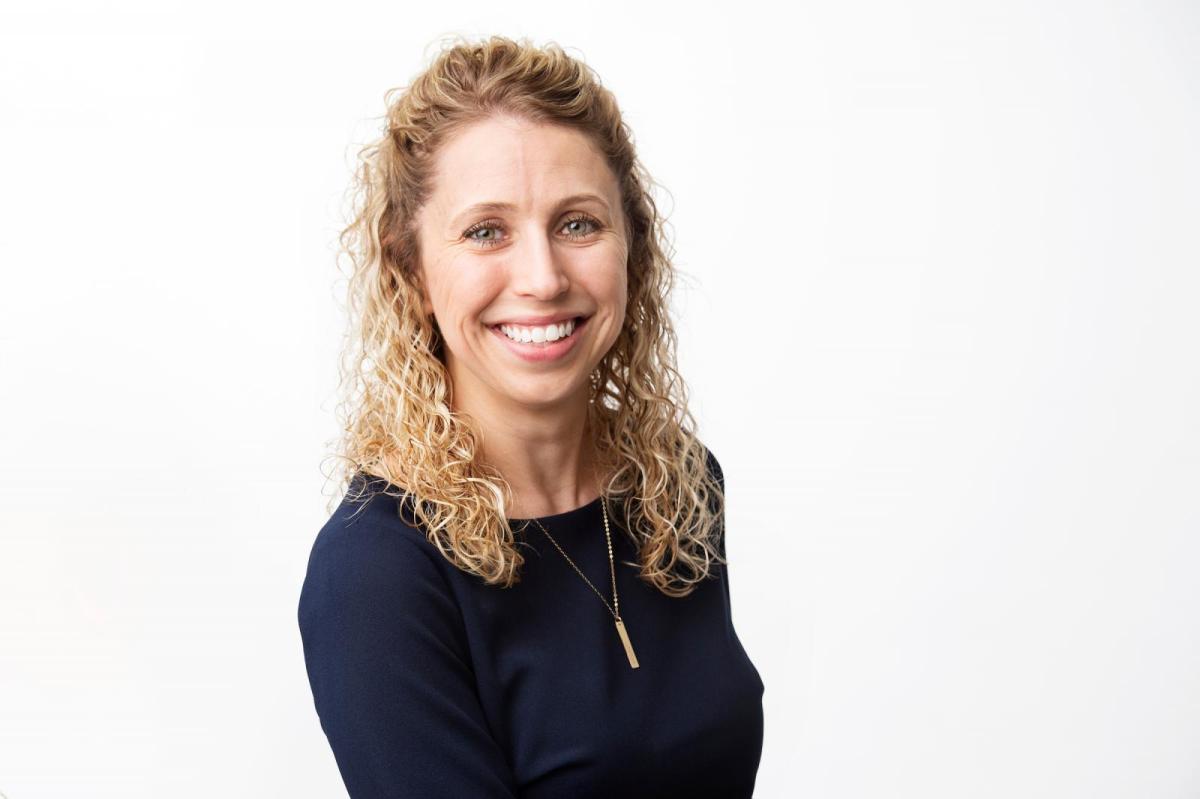Driving Toward Greater Independence
Interview by Greta Allen
For people with disabilities, the ability to drive can mean more than just getting from place to place—it can be the key to independence, confidence, and everyday freedom. A research project at Mississippi State University is making that possible through virtual reality technology designed to help those who thought driving might never be an option.
At the heart of this effort is the “DriVR” project, led by Dr. Kasee Stratton-Gadke, associate professor in MSU’s Department of Psychology and director of the T.K. Martin Center. The initiative is developing a virtual reality driving simulator that prepares users to operate adaptive vehicles safely and confidently—right from their living rooms.
“This program was something I dreamed up in my office,” Stratton-Gadke said. “Wouldn’t it be cool if there was a virtual reality way that people could practice driving in their living room? We want it to not only build the virtual environment but also make it work with what they will actually be driving.”
The DriVR project fills a major gap in driving education for individuals with disabilities, especially those who have never operated any kind of vehicle. Traditional instruction often isn’t accessible, but the virtual environment allows users to practice in real-world scenarios including four-way stops, nighttime driving, pedestrian crossings, and adverse weather.
“Driving gives you independence,” Stratton-Gadke said. “The celebration of being able to drive means, ‘I can get a milkshake whenever I want’ or ‘I can pick out my own groceries.’ It’s about more than transportation—it’s about autonomy.”
As the project advances, Stratton-Gadke and her team continue refining the technology with the long-term goal of making it widely available to support greater inclusion and independence for people with disabilities.
“While we are doing the research, we’re figuring out the best ways to help people,” she said. “That’s what I love about DriVR—it’s not just a research team expanding knowledge, it’s a tool that grants real-world freedom.”


